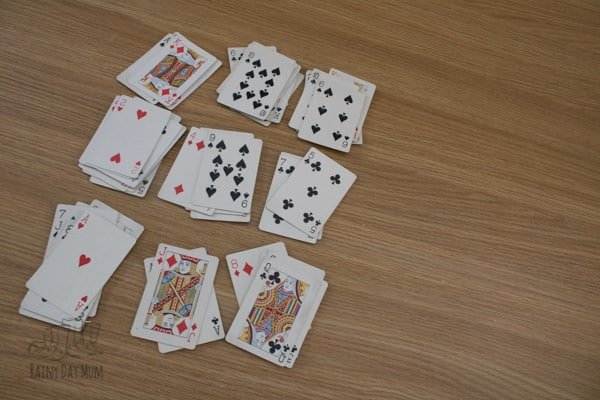Learning advanced strategies for card games will increase your skills and increase your chances of success, whether you’re playing for fun or competing at a high level. While basic rules are easy to grasp, mastering advanced techniques requires time, practice, and a deeper of the game. By applying these methods, you refine your skills, anticipate your opponent’s moves, and gain an in any card game.
Building blocks of advanced gameplay
- Pattern recognition and probability assessment
- Strategic thinking and position evaluation
- Psychological elements and player behaviour analysis
- Advanced mathematical concepts application
- Memory training and card tracking skills
Complex probability chains
Mastering advanced card game strategies requires a deep understanding of probability chains. Players learn to calculate not just single-card probabilities but entire sequences of potential outcomes. This knowledge helps in informed decisions about when to take risks and when to play conservatively.
Psychological warfare techniques
The mental aspect of card games plays a crucial role in advanced strategy. Players at Link Luxury777 often engage in sophisticated mind games, using betting patterns and timing tells to deceive opponents. Understanding these psychological elements adds another layer to strategic gameplay, making it essential for advanced players to master both mathematical and psychological aspects.
Memory enhancement methods
Superior memory capabilities distinguish advanced players from beginners. Techniques like chunking information, creating mental associations, and developing systematic recall methods help players track cards and remember complex gameplay patterns throughout long sessions. This comprehensive memory approach provides a significant advantage in competitive play.
Adaptation and flexibility
Advanced players develop the ability to adapt their strategies based on changing game conditions. This flexibility allows them to respond effectively to different playing styles, adjust to table dynamics, and modify their approach as needed throughout a gaming session.

Training regimen development
- Regular practice with focused objectives
- Review and analysis of past games
- Study of advanced strategy materials
- Participation in high-level discussion groups
- Implementation of new techniques in live play
Technology integration for improvement
Modern technology offers valuable tools for advancing card game skills. Software programs provide analysis capabilities, training exercises, and simulation opportunities that help players develop and test advanced strategies in a controlled environment.
Community engagement and learning
Engaging with other skilled players provides opportunities for growth and learning. Advanced players often form study groups, share insights, and discuss complex strategies. This collaborative approach accelerates learning and helps players identify blind spots in their strategic thinking.
Documentation and analysis
Keeping detailed records of gameplay, decisions, and outcomes helps players identify patterns and areas for improvement. Advanced players maintain strategy journals, analyze their play sessions, and track their progress over time.
Continuous improvement cycle
The journey to mastering advanced card game strategies never truly ends. Players constantly refine their skills, learn new techniques, and adapt to evolving gameplay trends. This commitment to continuous improvement distinguishes truly advanced players from those who plateau at intermediate levels.
Putting advanced strategies into practice requires patience and systematic implementation. Players start by incorporating new techniques one at a time, mastering each element before moving on to more complex strategies. Players who commit to this journey find that the rewards extend beyond the game itself, developing analytical and strategic thinking skills that prove valuable in many areas of life.

